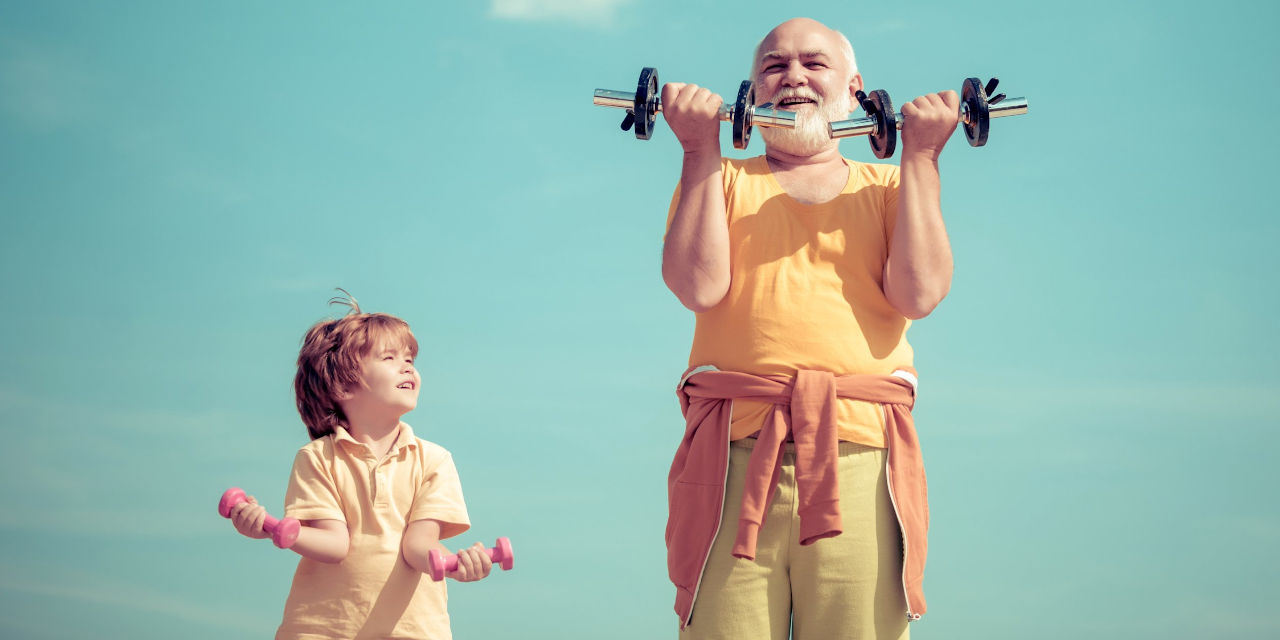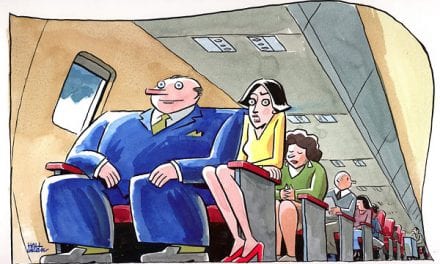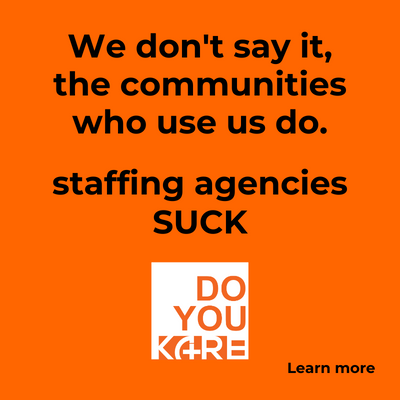By Steve Moran
This is something I have been thinking about a lot as I grow older. … I am inspired to write this article because it has become personal in the last couple of weeks.
- A few weeks ago, while in Colorado for the Pioneer Network conference, I took a long drive to Ouray, Colorado, to have dinner with my friend Kane Marschall. The following day he took me four-wheeling to see some of God’s magnificence, followed by a short (maybe a mile) hike to see a spectacular waterfall up close. At the end of the hike, during the easy part, I stepped on a slightly inclined rock with loose dirt on it and fell. I ended up with a long, shallow cut on my arm, plus a huge hematoma, and an abrasion on my leg. It would have been awkward, but I could have cleaned and bandaged it myself. But supplies were in short supply where we were, so the county paramedic came and bandaged me up. This also meant a bunch of paperwork. I realized that I was now part of the database of “older people fall,” even though my age didn’t really have anything to do with the fall.
- Last week I had both a colonoscopy and an endoscopy, and they found polyps in both places. The ones in the colon were removed, and the ones in the stomach needed to come out. This is why we do these procedures, and I still expect to live to 100.
The Point?
Ashton Applewhite is the anti-ageism champion of the entire world, and she is incensed anytime someone makes a joke about growing older or suggests that growing older means a loss of capacity of any kind. This approach makes ageism worse, not better.
It is its own unique kind of “crying wolf.”
Growing Older
There are lots of wonderful things about growing older. I didn’t start Senior Living Foresight until I was in my mid-50s and would not have been capable when I was younger. I am smarter and wiser than I have ever been. I have more influence than I have ever had. I have a better perspective on nearly everything.
I am less afraid to speak my mind; I have more self-confidence.
I get to hang out with grandkids and am not responsible for the hard parts of parenting. I have enough money that I am able to go to concerts and plays and purchase front-row seats rather than back-row seats.
I now appreciate each day more than I did when I was younger.
I have to add that I would not particularly like to go back and relive those younger years unless I could take today’s wisdom with me.
That Is Life
BUT …
There are things I simply can’t do today that I once loved doing. There are fewer opportunities ahead of me than there would be if I were 30, 40, or 50. I could never be a physician or an airline pilot … no interest in the first, but the second still holds appeal. I can’t ski patrol anymore. I hike slower than I used to. When I strain something from physical exertion, it takes longer to heal.
Last week I spent several hours going from doctor’s appointments, to the clinic, to X-ray, to EKG, to COVID test. Never did that when I was 20, 30, 40, or even 50. I am more likely to play pickleball than racquetball.
A few times each year, I am hearing about friends from high school and college — people I grew up with — who are dying or facing life-threatening illnesses.
The truth is … that growing old ain’t for sissies. But at the same time, it’s a lot better than the alternative. We deal with life’s changes, particularly less pleasant ones, by talking about them, by laughing about them. That is not ageism … THAT IS LIFE.
Real Ageism
Real ageism is when we treat people as if they deserve less respect or have less value because of age. Real ageism is when we patronize older people in the world and in our communities; it is when residents explain their presence at an industry conference by saying “I am just a resident”; it is when we have resident town halls and dismiss their business ideas because after all, they don’t really understand; it is when we assume older people need dumbed down technology because they are aging.
These are the things we could be fighting.








